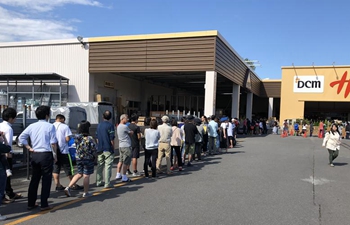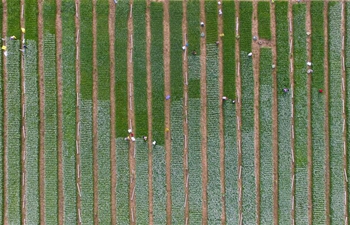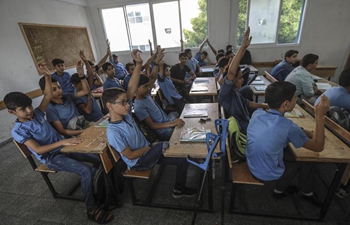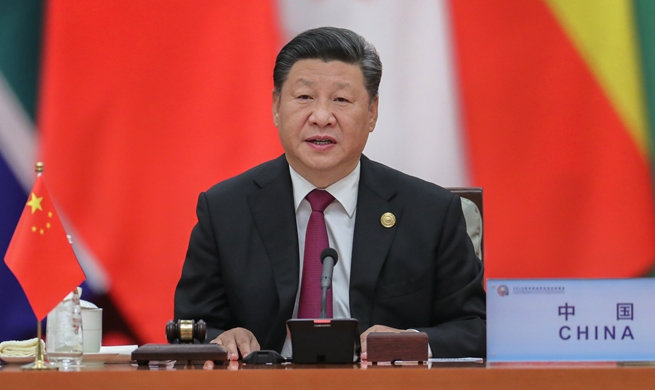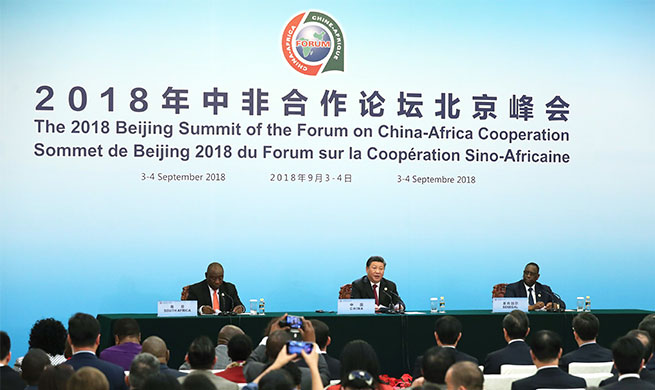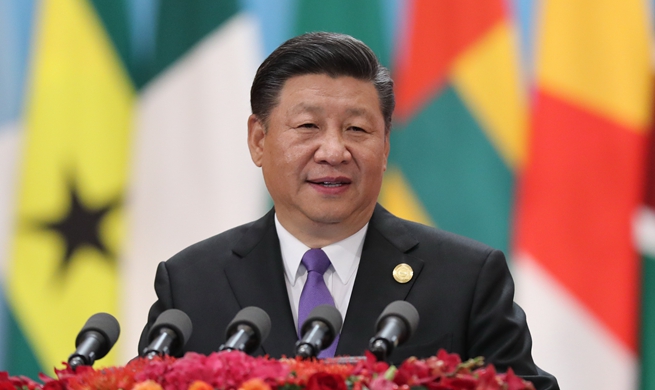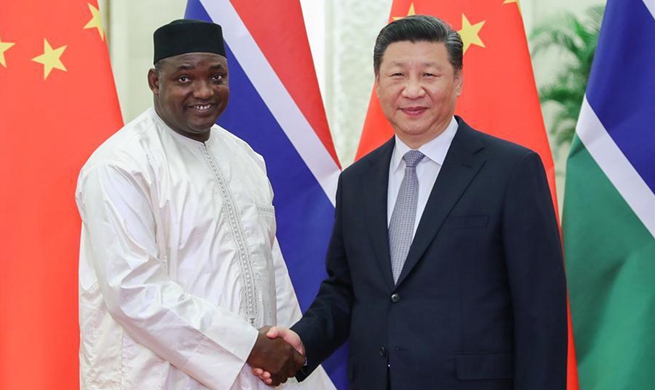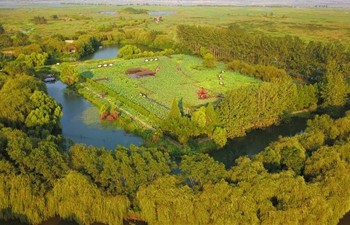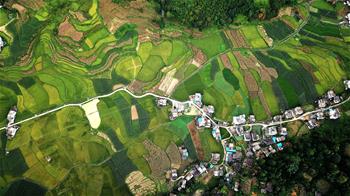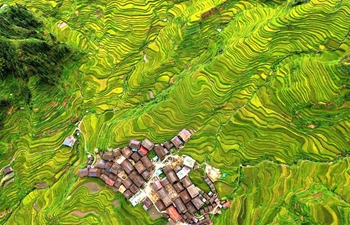ACCRA, Sept. 6 (Xinhua) -- A Ghanaian Trade and Investment expert has described the just ended Beijing summit of the Forum on China-Africa Cooperation (FOCAC) as a crucial one which will help cement a crucial relationship between China and Africa.
David Ofosu-Dorte, Managing Partner of AB & David Lawyers for Business and Projects in Africa, told Xinhua in an interview that Africa will need to develop a strategy that enables the continent take advantage of the Chinese opportunity to develop Africa at a much faster rate.
"It is a very important gathering. China is a very influential partner of Africa at this stage and therefore a gathering of African heads of state to cement that relationship is very important and I consider it as significant," he said.
"Just look at the growth of trade between China and Africa. And we cannot deny the fact that China has become one of the most influential partners for Africa at this stage," he said.
China has been Africa's largest trading partner for nine consecutive years. Trade between China and Africa increased seventeen-fold in value from 2000 to 2017. In 2017, trade volume surged 14 percent year on year to 170 billion U.S. dollars. In the first half of 2018, the figure jumped 16 percent to nearly 100 billion dollars.
Meanwhile, China's investment in Africa surged by more than 100 times in value from 2000 to 2017. By the end of 2017, Chinese investment of all kinds in Africa totaled 100 billion dollars, covering almost every country on the continent.
He added it was natural for Africa and China to cooperate at the global level, since they both find themselves under the same categorization in global issues.
Ofosu-Dorte said it was heartwarming to hear Chinese President Xi Jinping set the tone for the future of the relationship underscoring China's continued commitment to Africa.
At the opening ceremony of the FOCAC Beijing Summit on Monday, Xi announced eight initiatives to bolster bilateral cooperation in the next three years, including promoting industrial cooperation, developing infrastructure connectivity, facilitating trade, protecting the environment, and upgrading health aid programs.
